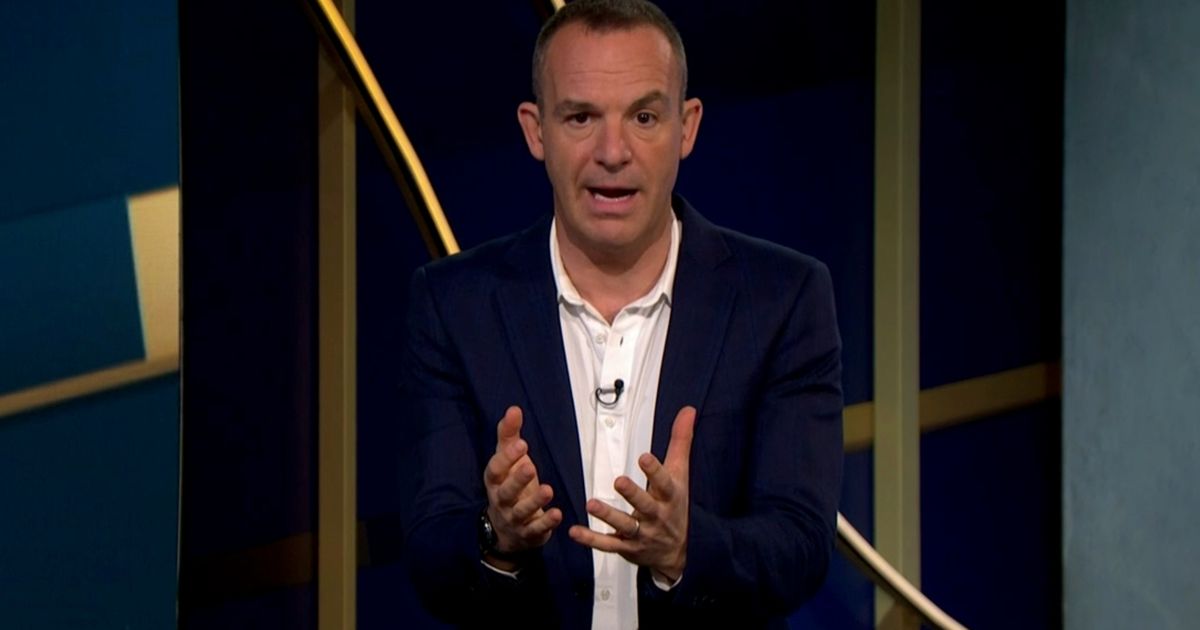
Martin Lewis ’ MoneySavingExpert website has explained how to get £2,000 free each year toward your first home.
It involves opening a Lifetime ISA (LISA) account, which gives savers a free 25% cash boost from the government.
You can only save up to £4,000 in a LISA each year, meaning the maximum bonus you can pocket is £1,000.
But if you’re in a couple, and you’re saving for a home together, then you could both open a LISA account – meaning you could potentially get £2,000 free each year.
“With a Lifetime ISA, the state adds 25% on top of what you save, which can mean a free £1,000/year,” explained the MSE team.
“If you’re in a couple, you can both save into a LISA and double the bonus. And even if one of you isn’t a first-time buyer, the other can still do it.”
(
SurreyLive – Grahame Larter)
Anyone who is aged 18 to 39 can open a Lifetime ISA for free – but the money must be used to buy your first home or for your retirement once you reach the age of 60.
The bonus is paid monthly and your money also accrues interest as well – although you only get a bonus on your contributions, not any interest gained.
The maximum bonus is £33,000 if you open it at 18, and max it out until you turn 50 – you can’t pay into a LISA beyond the age of 50.
Other help for first-time buyers
If you’re struggling to buy your first home, there are plenty of first-time buyer schemes out there to help you on the way.
We explain some of the schemes available now:
Help to Buy equity loan : This allows savers to buy a home with a 5% deposit and the government will lend you up to 20% of the property price, or 40% in London.
You’ll have to start paying interest on the loan after five years, at a rate of 1.75%, so keep in mind this added cost to your repayments.
Help to Buy is only available on new-build properties and there are maximum property values set for different parts of the UK.
For example, the maximum property price for buying in the north east of England is £186,100, rising to £600,000 if you’re buying in London.
Help to Buy will run until March 2023 unless the government extends it.
Have you just bought your first home and want to share your journey on the property ladder? Let us know: mirror.money.saving@mirror.co.uk
Help to Buy ISA : Help to Buy ISA accounts closed to new savers on November 30, 2019 – but if you’ve already opened an account, you can keep saving until November 30, 2029.
You must also claim your bonus by December 1, 2030.
When they first launched, you could open an account with a maximum of £1,200 but after that you’re limited to saving £200 a month into it.
The government then tops up your savings with a 25% bonus – the maximum you can get free is £3,000, and you’d need to save £12,000 to get this.
Mortgage guarantee scheme : Through this initiative, savers can put down a 5% deposit and the government acts as a guarantor if they miss a payment.
But, while the scheme is marketed at first-time buyers, it’s not just limited to those hoping to get on the ladder for the first time.
Guarantor mortgages will be available to anyone buying a property costing up to £600,000, unless they are investing in buy-to-let or second homes.
Critics of the scheme point out that you’ll save money in the long-run if you can afford a bigger mortgage.
Some lenders also continue to offer 5% mortgages outside of the government-backed scheme that may be cheaper for borrowers.
What you need to know about mortgages
Shared ownership : This is where you buy a share of a property – between 25% and 75% of the property value – and pay rent on the rest.
The share you can buy is usually between 25% and 75% but can be as low as 10% on some homes.
You can buy additional amounts under what’s known as “staircasing” which is where you slowly increase the amount of the property you own.
Shared ownership isn’t limited to first-time buyers, but to be eligible, you need to have an individual income no greater than £80,000 a year or £90,000 a year in London.
Your combined income can’t be greater than these caps if you’re buying as a couple.
Read More
Read More

